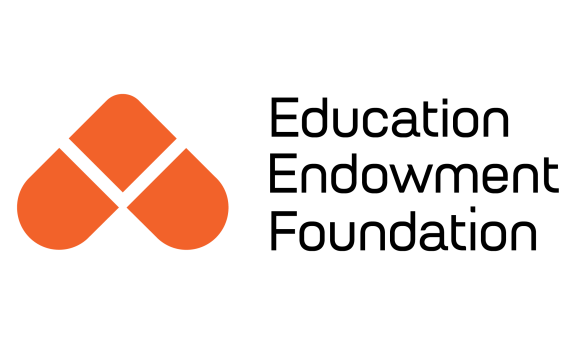- Exploring the transferability of mid-range theories through recontextualising an evidence portal – eBASE Africa
In 2019, eBASE sought to extensively contextualise the global evidence base by developing an evidence portal for teachers and policymakers in the Lake Chad Basin.
The recontextualisation process started with stakeholder engagement and analysis to assess the applicability of the 30 different school based pedological approaches in the global database which underpins the Education Endowment Foundation’s Teaching and Learning Toolkit. Several topics were then removed from the evidence portal on this basis (one-to-one tuition, teaching assistants, learning styles, school uniform and setting and streaming). For the strategies selected for inclusion, eBASE team completed searches for research evidence from Sub-Saharan Africa to complement the impact evidence found in the database.
In addition to this, the stakeholder engagement process identified three topic areas which were considered as relevant to the context but not currently included in the portal (menstrual hygiene management, cash transfers and corporal punishment).
eBASE Africa along with Durham University completed global impact evidence reviews for these new topics for inclusion in the database and eBASE’s evidence portal. The topics of menstrual hygiene and cash transfers were added to the portal, with reviews identifying a small positive effect on attainment from cash transfers, but being unable to identify enough studies to meta-analyse for an attainment outcome of menstrual hygiene interventions. The review of corporal punishment identified that no rigorous studies had been conducted.
All of the results have been communicated in an accessible and transparent way for the benefit of schools and policymakers in Lake Chad Basin and is available in both English and French as an online portal and as summary posters of key findings as shown below.

This project was funded by the Centre of Excellence for Development Impact and Learning (CEDIL) with support from the Education Endowment Foundation in partnership with the BHP Foundation, as part of the “Building a global evidence ecosystem for teaching” project.
Learn more
About the project
About eBASE Africa
Download
Related projects
Building evidence infrastructure for living reviews
Making the global evidence base accessible for English school leaders and teachers
Supporting research-policy-practice partnerships in the Lake Chad Basin









